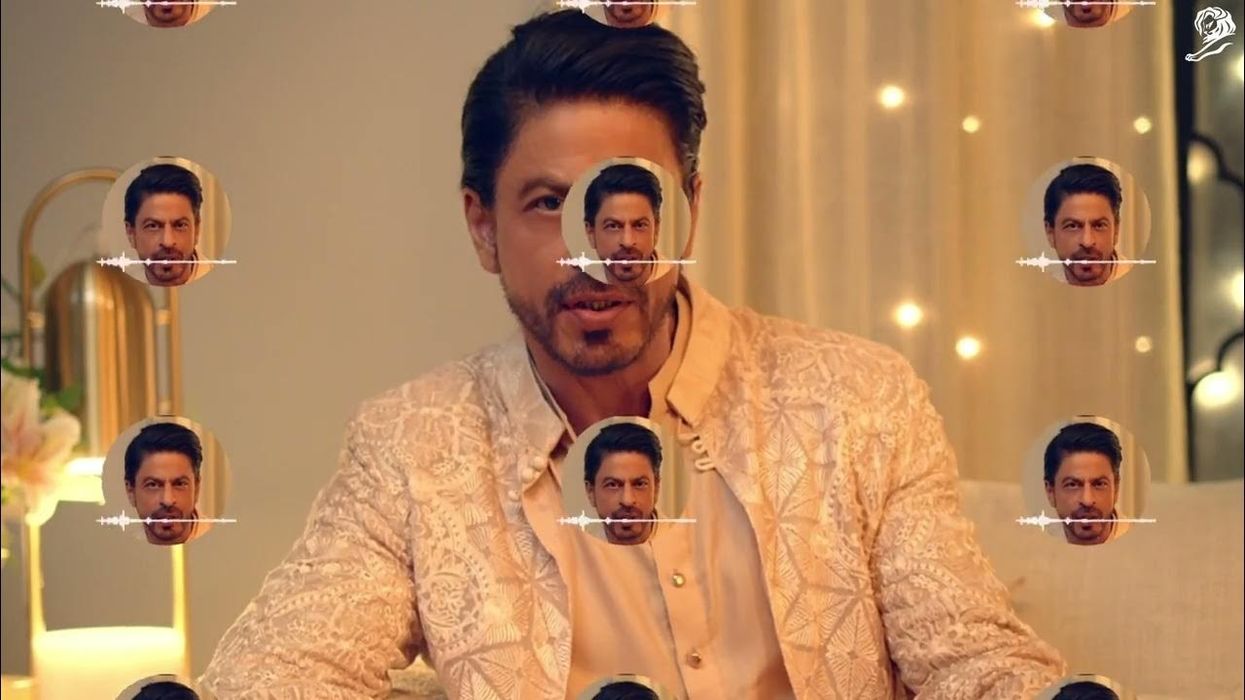The Delhi Police on Wednesday tracked down four suspects who were involved in uploading Indian actress Rashmika Mandanna’s deepfake video online. However, the hunt for the creators of the wildly circulated video and the main conspirator behind it is still on.
Mandanna, who is a popular name in India’s southern film industry, is not the only Indian actress who has experienced the horrors of deepfakes created using Artificial Intelligence (AI). Actresses like Alia Bhatt, Kajol, and Katrina Kaif have also fallen prey to the misuse of technology over the past few months.
The unchecked use of AI to create deepfakes should not be the only concern for Bollywood. Artificial Intelligence has already emerged as a disruptive force in Hollywood with writers going on strikes for months, and the day does not seem far when thousands of people working in Bollywood may lose their livelihood because of the technology.
But should Bollywood be really worried about this technological disruption?
Some creators in the Indian film industry are not considering AI a potential threat for the time being, but others feel it needs to be taken very seriously.
Acclaimed filmmaker Shekhar Kapur, who has made such iconic films as Mr India, Bandit Queen, Elizabeth, and Elizabeth: The Golden Age, is currently busy writing the sequel to his debut film Masoom, which hit Indian theatres in the year 1983.
For the sequel, Kapur decided to give the AI tool ChatGPT a shot. Though the filmmaker was quite unhappy with the storyline, he was amazed at AI’s intuitive understanding of the film and the themes behind it.
He shared a still from the film and wrote, “There’s so much talk about AI, and how it’s going even take over creative writing, that I decided to test it. I asked ChatGPT to come up with a story for Masoom 2 - The Next Generation, my next film, and was amazed at AI’s intuitive understanding of the film and the themes behind it.”
There is no doubt AI is becoming increasingly sophisticated with each passing day. Tasks such as creating realistic 3D images and characters, composing music, and even writing scripts are much easier with AI. As AI continues to advance, it will likely be able to do more and more tasks that are currently done by humans in Bollywood.
“There hasn't been a structured conversation around the use of AI in India yet," said Siddharth Roy Kapur, former president of the Producers Guild of India. But the time to have it is now, he said because AI tools are "getting smarter literally every second".
"Where we are today with AI will be very different to where we are three to six months from now," Kapur said.
Among Bollywood stars, Shah Rukh Khan was among the first to test AI in 2021 when he lent his face and voice to an advertisement campaign launched by Cadbury that used deepfake technology. The campaign allowed owners of small businesses to use his voice and image to promote their stores and bump up sales during the pandemic slump.
Sukesh Nayak of Ogilvy India, the agency behind the campaign, said that this "one ad campaign created 300,000 ads across the country".
Nobody can deny that if the use of AI increases in Bollywood in times to come, it will affect many people negatively. If we look at the positive side of it, AI could help Bollywood save money on production costs. Additionally, if AI is used to compose music or write scripts, it could save on the cost of hiring human workers to do these tasks.




